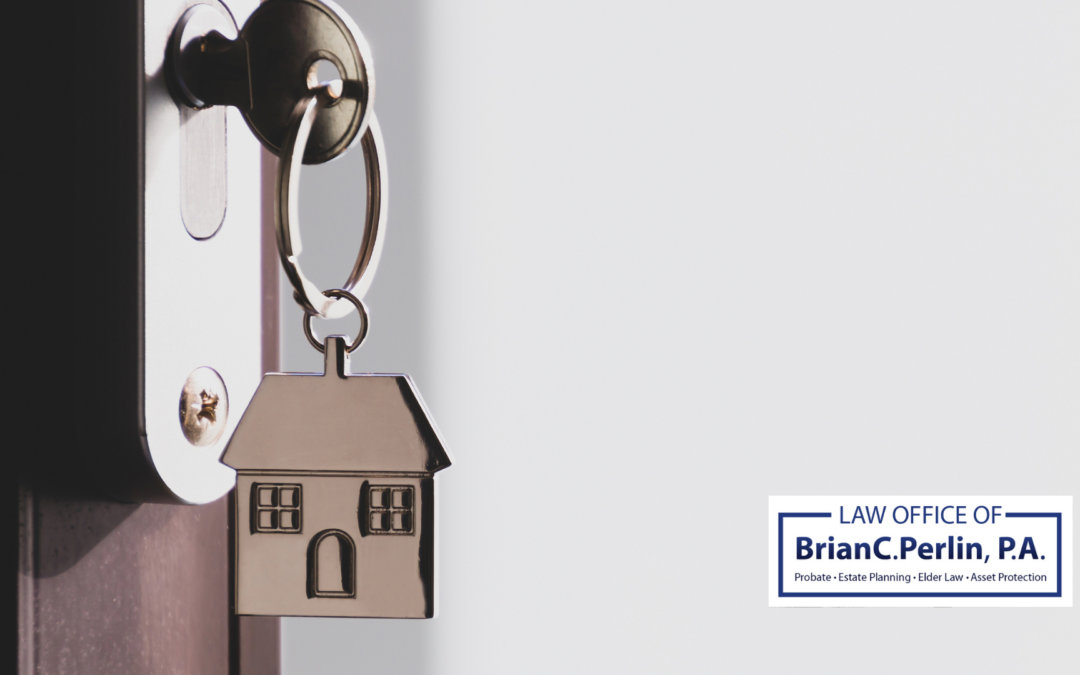Have you ever heard the term “domicile” before? There are many definitions of your domicile, but its core meaning is that it is your home. You may not be living there at the moment, but your domicile is the place you consider home, that you intend to return to permanently. Usually, this is where your spouse and minor children live, where you have your primary residence, where you pay taxes and are registered to vote, and drive a car. Even if you have multiple residences, you can only have one domicile. The primary reason many people look to change their domicile is for tax purposes.
Your domicile is very important for tax purposes. Depending on your state of residence, you may have to pay state, as well as, federal income tax, and it is the state in which you are domiciled that governs those state and local taxes.
Some states also impose a state level estate tax, which typically has a much lower threshold than the federal estate tax, which is currently set at $11 million. If you are domiciled in a state that has an estate tax, even if you had another residence in a state where you spent more time, upon your death your estate will be subject to that tax. Your estate will also have to go through the probate process in the state in which you were domiciled.
Taxation may be the main reason for many people to dispute their domicile. It can be difficult after living in one state for many years, if not decades, to establish a new domicile just by buying another home in a new state, if you keep your home in the original state as well. You will have to prove to the Internal Revenue Service that you truly intend to make the new state your domicile according to different criteria.
The most common reason for this situation is when a retired person who lived in a Northeastern state with high state income and estate tax, purchases a retirement home in a low or no-tax state, like Florida or Arizona, and begins living in the warmer state for 6 months out of the year. In the past, just living in the new home for at least 183 days was enough to establish a new domicile. Since this is a rather common path for many couples to take, however, it is now necessary to take further steps. In addition to using your new domicile as your permanent address on your tax return and for your bank accounts and credit cards, you may need to take more on-the-ground measures. Registering your car, registering to vote, opening a safe deposit box or new checking.
